Intricacies of aliveness
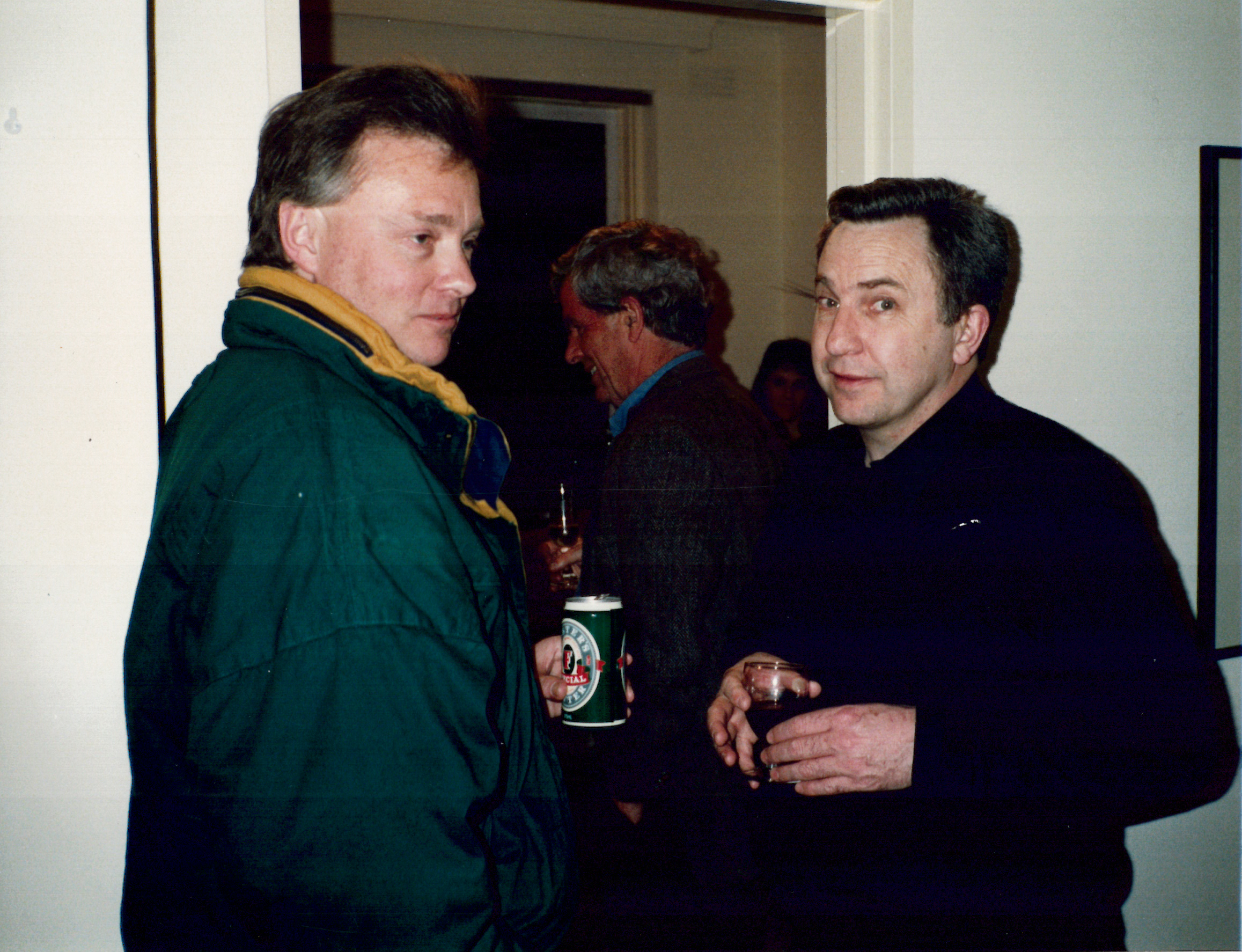
Poet and editor extraordinaire John Tranter died on 21 April 2023, after a few cruel years of illness with Lewy body dementia. Friends and family gathered at his funeral in the inner Sydney suburb of Rozelle on what would have been his eightieth birthday (29 April) to celebrate John’s remarkable life and mourn his loss. I was honoured to be one of the speakers: what follows incorporates what I said there.
Philip Mead, John’s close friend and collaborator of many years, officiated; joanne burns read ‘Backyard’, one of John’s most iconic Sydney poems. There were heartbreakingly funny, thought-provoking, and intimate reminiscences from John’s children, Leon and Kirsten; grandson, Henry; and, finally, Lyn, John’s wife of fifty-five years. Through her literary agency, Australian Literary Management, Lyn underwrote the wildly ambitious poetic undertakings of Tranter’s later years – not just his own significant collections, such as Ultra (2001), Urban Myths (2006), Starlight (2010), and Heartstarter (2015), but the forty massive issues of Tranter’s ground-breaking, internationally lauded online Jacket Magazine (1997–2010, with Pam Brown as Associate Editor), still fully accessible through the University of Pennsylvania, where its legacy continues in Jacket2.
John was a great person and a great poet. He was an incredible advocate of the people and things he cared about; a maven and connector who delighted in sharing his loves and hatreds. His poetry was cool, but he was hotheaded. No one has been more important to the institution of Australian poetry, editorially and creatively. His loss is immeasurable, but so too his legacy – the gift of his poems, the anthologies he edited, the books he published (including Gig Ryan’s first book, The Division of Anger [1980]), the radio interviews, the readings, the tireless activity behind the scenes to foster friendships and collaborations and support the experimental work he believed in.
Continue reading for only $10 per month. Subscribe and gain full access to Australian Book Review. Already a subscriber? Sign in. If you need assistance, feel free to contact us.






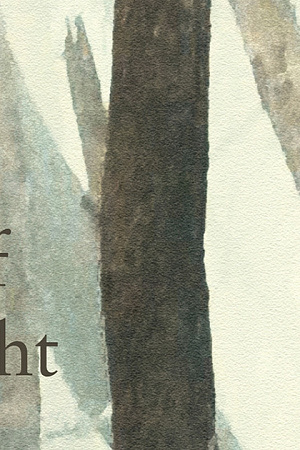
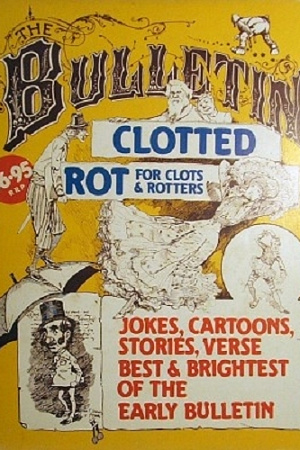
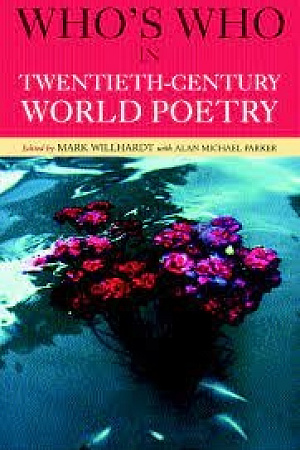
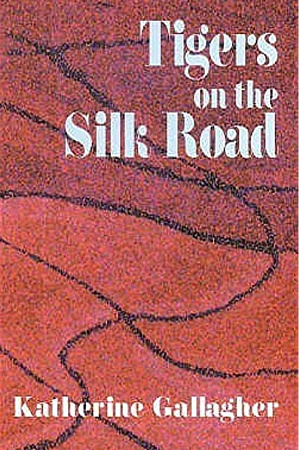
Leave a comment
If you are an ABR subscriber, you will need to sign in to post a comment.
If you have forgotten your sign in details, or if you receive an error message when trying to submit your comment, please email your comment (and the name of the article to which it relates) to ABR Comments. We will review your comment and, subject to approval, we will post it under your name.
Please note that all comments must be approved by ABR and comply with our Terms & Conditions.